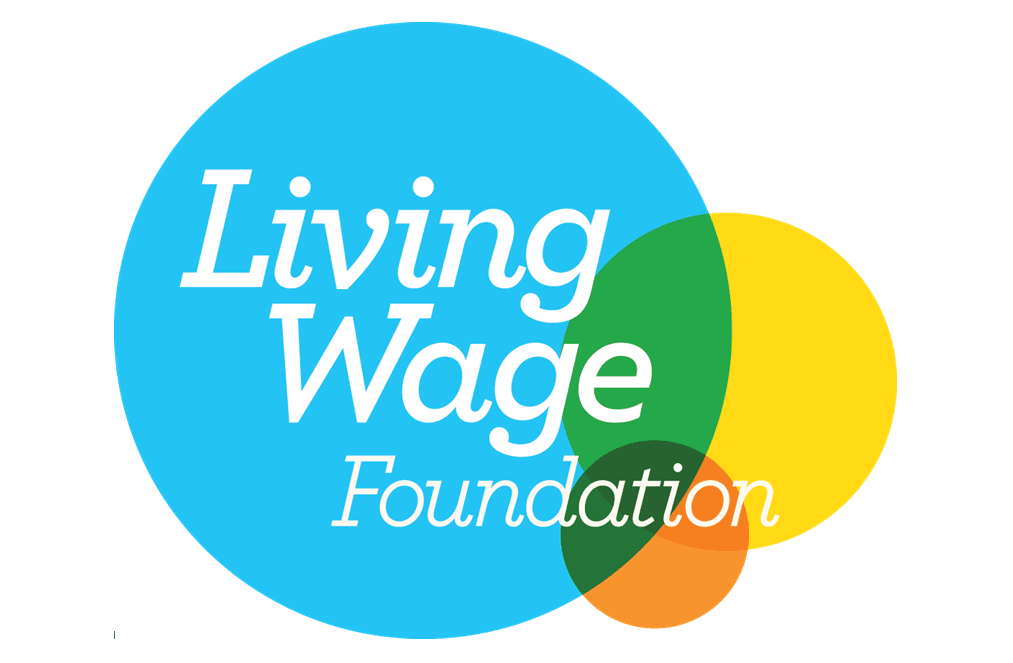
Thanks to the leadership of employers and campaigners, low-paid workers have received £809m in extra wages with almost £200m extra received in the past year alone.
Over the last 15 years, the Living Wage campaign has seen more than 4,700 employers voluntarily pay their staff a fair wage, ranging from charities and universities to football clubs and banks.
Which is why, during Living Wage Week – 5-11 November – it is important to celebrate the impact that the campaign has had.
With events taking place across the country, thousands of people will take part in raising awareness of the movement and calling on others to become accredited Living Wage employers.
The week marks a pay rise for more than 180,000 people as the new Living Wage rate was announced. The new rate of £9 per hour in the rest of the UK and £10.55 in London was announced at regional events across the country by, among others, Mayor of London Sadiq Khan and Mayor of Manchester Andy Burnham. The Living Wage Foundation said the increases have been largely driven by higher transport costs, private rents and council tax.
Earlier in the year, The Living Wage Dividend report found that if just a quarter of those on low incomes saw their pay raised to the real Living Wage, in ten of the UK’s major city regions, a subsequent increase in wages, productivity and spending could deliver a £1.1billion economic boost to major UK cities.
The Treasury would benefit from £350million in increased tax receipts and benefit savings.
However, research published this week by KPMG found that over a fifth of jobs pay less than the real Living Wage, with 1.2 million more jobs paying below the Living Wage since 2012.
The research found that part-time workers are three times more likely to be paid below the real Living Wage and nearly 60 per cent more women face in-work poverty compared to men, with those aged 50 – 59 especially at risk.
Nearly seven in ten (68 per cent) workers aged 18 – 21 earned less than the real Living Wage, with the prevalence also increasing among those aged 60+.
Last year, the Living Wage Foundation’s report, Low Pay in the Charity Sector, highlighted that more than a quarter of charity sector workers (26.2 per cent) are not being paid enough to live off as they do not receive the real Living Wage.
Basic fairness is at the heart of the Living Wage movement, which is why the Trust has supported it continuously.
People's Health Trust has been a Living Wage Employer since 2012. In 2015, the Trust funded, and helped to develop and launch the Living Wage Friendly Funders Scheme.
To find out more about the Trust’s involvement with the Living Wage movement, click here.
To read more news from the Trust, click here.
Support us, play The Health Lottery!
